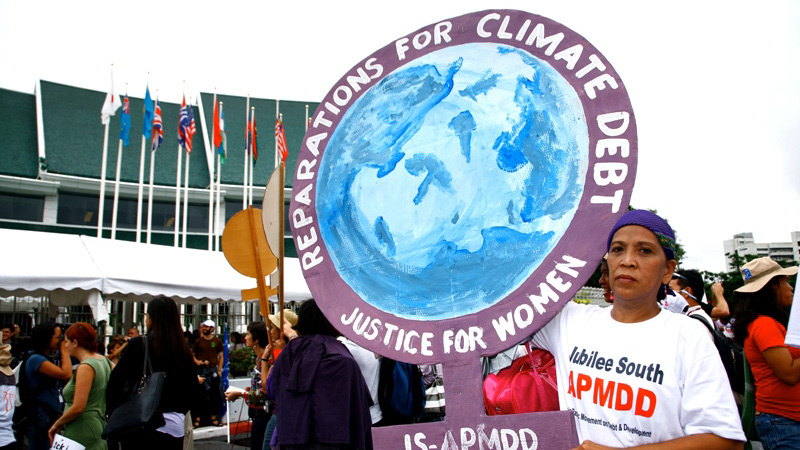By Duke Huang
I am very interested in the potential of reconciliation and transitional justice. Because it shows our potential goodness and ability to change. However, like other aspect of peacebuilding, reconciliation and transitional justice is ideal on theory, but hard to implement. Especially in countries where people had experienced serious trauma. Sometimes, the questions people might ask are not how we can all get along with each other, but how can I survive for another day and how can I put food on the table. Even though there has not yet been a truth and reconciliation commission that has adequately addressed the socio, economic and political issues that drove the conflict, I believe that we can and will be able to have one. But we would need lots of time and be extremely careful on devising and approach it.
On taking reconciliation and transitional justice course at Pace University last spring, I had conducted a research and written a paper about climate reparations framework. The paper is called Climate Reparations 2.0. It’s an updated version of the original framework published byMaxine Burkett, Professor of Law at William S. Richardson School of Law at University of Hawai‘i at Mānoa in 2009. I basically updated and expanded her reparations framework by adding my own literature on reparations and address the gendering dimension of climate change.
I argued that climate change is not only an environmental and ecology issue, but also a human rights issue. And that developed nations have the responsibility to give reparations to the developing nations for the harm they have done. I argued that we should approach the issue with restorative justice rather than a retributive one, because of the lack of power and commitment in the international institutions. For example, last year the international community had just decided on how they are going to implement the Paris Agreement, which was agreed five years ago. While the scientists are telling us that we only have a decade left before serious and detrimental environmental impact endangering us.
I believe that apology should be the first step of the reparations. Because it shows that the developed nations recognize the harm they have committed since the Industrial Revolution. It could shift the power differences between the developed and developing nations. Moreover, international community needs to clarify and solidify the status of climate refugees by either including environmental impact to the Geneva Convention or creating a whole new framework to accommodate millions of people who will be affected. Then the developed nations need to assume the responsibility of supporting the developing nations, both monetary and materialistic support. The discussion on how to support developing nations should be led by developing nations and centered around their needs. Developed nations also need to promise to stop the harm by reducing their own carbon emission and invest resources in sustainable technology.
Gender aspect of climate change also need to be addressed. Women tend to have more knowledge on the environmental and climate change while they are often impacted by climate change more and left out of the decision-making process. So I argued that women should not only lead the climate reparations process, but also have their voices heard throughout the process.
I know that it will be very hard to realize this reparations framework, it might take decades to just to get countries to apologize their harm. However, I think this is the only way we can address social, economic, environmental and political aspects of climate change in a just way.



